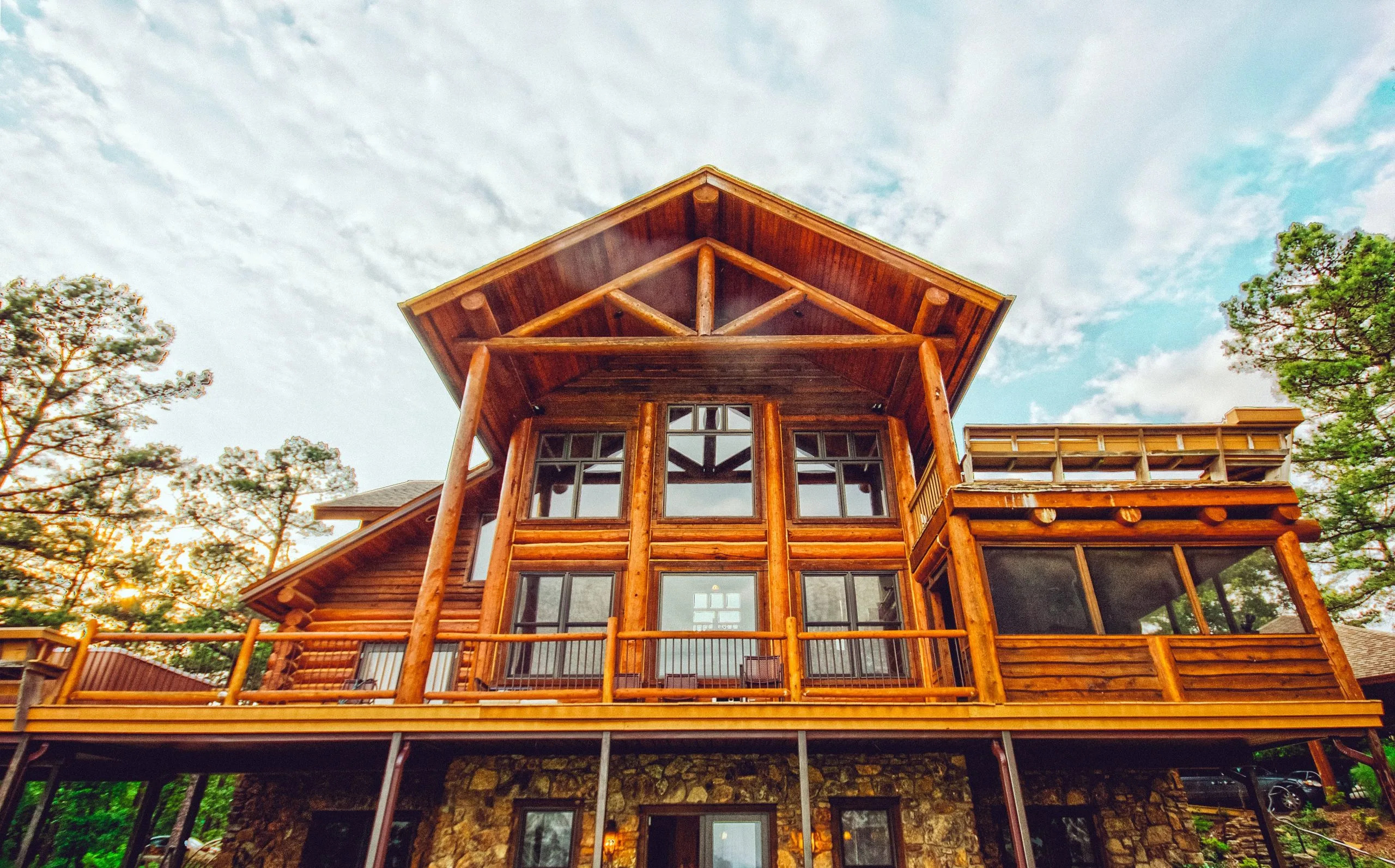
The choice between a cottage and a cabin is one that many people face when considering a rustic retreat or vacation home. Both offer a quaint and cozy atmosphere that provides a break from the hustle and bustle of daily life. However, there are distinct differences between a cottage and a cabin that can influence the decision-making process. Whether you are a nature lover seeking solitude or a family looking for a cozy weekend getaway, this guide will provide valuable insight into these two popular types of vacation homes.
Similarities Between Cottages and Cabins
A cabin cannot be a cottage or vice versa. Each type of building is distinct in its building materials, location, facilities, and look. However, a cottage and a cabin are similar in several ways:
- Cottages and cabins often use natural resources like firewood to produce heat in cold climates.
- Cottages and cabins are typically built away from cities so residents can have privacy from nearby neighbours. The area is generally filled with forests, mountains, and water, providing residents with plenty of space.
- Cottages and cabins have porches. A cabin porch is typically covered, while a cottage porch is an outdoor living space.
- Cottages and cabins can have lawns. A cabin may be surrounded by grass, mud or even gravel, while a cottage is likely to be surrounded by grass.
What is a Cottage?
A cottage is an ambiguous term and can mean different things to different people. Generally, a cottage is a small home often located in a rural area or along a waterfront like a lake or the ocean. It can be made of various materials such as wood, brick, or stone and tends to look more sophisticated than cabins. Cottages are usually equipped with electricity and water so inhabitants can enjoy modern conveniences. When you hear of people purchasing a holiday home, it is usually a cottage, not a cabin.
What is a Cabin?
A cabin is a small dwelling constructed from logs and other simple materials from the land and is often associated with first-generation homes built by Canadian settlers. They can usually be found nestled in remote or wooded areas like forests and mountains and not necessarily near any water. Cabins are typically smaller than cottages and have a more rustic feel. They usually do not come with utilities like electricity and water.
Types of Cottages and Cabins
Many summer residences in Canada are cottages. These seasonal homes are often built for warmer climates and are not always equipped to handle Canadian winters. However, 4-season cottages can accommodate visitors no matter the time of year. In other parts of the world, a cottage can be a house with a thatched roof, a house in a gated community, or a home near a beach or mountain.
The most well-known example of a cabin is a hunting lodge. Hunting lodges are small, one-storey buildings that shelter residents during the shooting season. Other examples of cabins include huts, safari lodges, and more rustic summer homes near a waterfront.
Choosing Between a Cottage and Cabin
If you are choosing between a cottage and a cabin but are not sure about the right choice, there are several things you can consider to help make your decision:
- Do you plan only to use your cabin in the summer, or do you need a four-season cottage?
- Do you plan to host guests regularly?
- Do you plan to rent out your dwelling while you are away?
- Will the cottage function as a primary residence during at least one season?
- Where do you want your cabin or cottage to be located?
- Do you need modern conveniences like electricity and water?
- Do you need to be able to work while living at your cottage?
Buying a Cottage or Cabin
Both cottages and cabins have unique features and appeal to different types of people. Cottages offer a more traditional and picturesque charm with their country-style architecture and waterfront views. At the same time, cabins provide a rustic and remote atmosphere with their rugged exteriors and woodland surroundings. Ultimately, deciding between a cottage and a cabin will depend on your preferences, needs, and budget. Consider each option’s location, amenities, and ambiance before choosing. Whether you opt for a cozy cottage or a secluded cabin, both offer an excellent opportunity to escape city life’s chaos and enjoy nature’s peace and beauty. A RE/MAX real estate agent can help you make this crucial decision when you are ready to buy your vacation home.